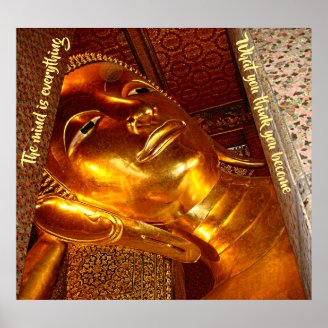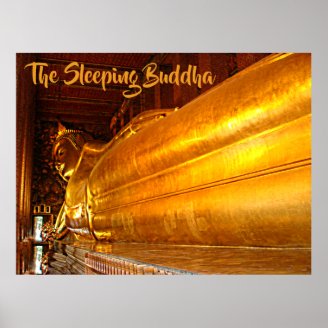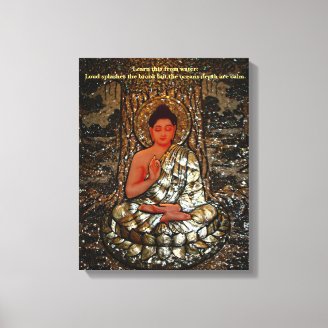I thank this cosmos, the universe, Buddha, its Sangha, my teacher S N Goenka and the associate teachers of Vipassana and Dhamma meditation for giving me the opportunity of attending the Vipassana meditation retreat in a lone Vipassana centre.
It is said that millions of people are born and they die but they do not get the chance of encountering pure “Dhamma”. A person who seeks to walk in this path should have a seed or “parami” of virtuousness and benevolence to walk in this rare, unique and the only path to enlightenment.
My Vipassana retreat in a silent Vipassana centre of meditation of total solitude was an awakening of the soul and the answer to many queries that haunted me throughout my otherwise peaceful childhood.
This is a tribute to Buddha who found this lost path for the benefit of many.
Image from Amazon.com
© copyright WriterArtist 2014, All rights reserved





























 Harvest Bounty of Fall Fruitson 08/03/2023
Harvest Bounty of Fall Fruitson 08/03/2023
 Is Buddhism older than Hinduism?on 06/13/2023
Is Buddhism older than Hinduism?on 06/13/2023
 Was Tirumala Tirupati Balaji Temple a Buddhist Shrine?on 06/13/2023
Was Tirumala Tirupati Balaji Temple a Buddhist Shrine?on 06/13/2023
 The Great Wave of Kanagawa from Japanese Artist Hokusaion 06/11/2023
The Great Wave of Kanagawa from Japanese Artist Hokusaion 06/11/2023



Want to share any experiences with Vipassana meditation?
The "chattering mind" that you describe in the third paragraph under your subheading What is taught in Vipassana Meditation Retreat in a Vipassana Centre? makes me think of another Buddhist phrase.
Was the phrase thoughts without a thinker -- for when one does not know why one thinks or thought of someone or something -- brought up during the Vipassana meditation retreat that you attended?
Dear Mira - Many times, it is the chain of comments that make the article more interesting. I am glad that you realized how important it is to observe and contemplate. Often we lose the capability of thinking clearly when we get drowned in sorrow or have fits of anger.
Hi Shraddha, I enjoyed reading about Vipassana and your retreat. I also read the comments section, and love your point about reaction. Noawadays people feel the need to react to anything and everything. Sometimes it's worth it to just observe things and people without thinking too much, especially when the trigger is something negative: negative events shown on the news or a hurtful comment, for instance.
@frankbeswick - I see another beautiful explanation of what are thoughts and how mind and brain play a role in bringing it about. Philosophers like Descartes have tried to explain and ancient Vedas have it too.
I find myself dying to share what Buddha in his deep meditative state could do. When he plunged deep he found that "Chitta" (mind) can be broken into 4 parts, each of it has a specific role to play - cognition, reception, perception and reaction.
Goenka explains that if we are able to break the habit-pattern of mind, we can learn to stop reacting. At times we are so overwhelmed with this powerful mind from feelings of anger, hatred, greed and jealousy that we fail to act correctly. This unconscious mind which actually is not so unconscious is active all 24 hours. In Vipassana you can actually observe how powerful and violent it can be.
@VioletteRose - I see a very interesting analogy of how you have explained the difference between mind and brain. I could not have dreamt of such an example.
@frankbeswick - Actually I am a Hindu who is deeply influenced by Buddha's view of life and his teachings. I might have read more Buddhist scriptures than any others. I have even tried to take a dive into the ancient language of 'Pali' which conveys the Buddhist philosophy and "Buddha-Vani" (Buddha's voice). Language does have barriers though, sometimes words cannot express the feelings. The essence of pali can be best understood in pali only because translating it into other language can be difficult without the exact synonyms.
Thoughts are qualia, those qualities/realities that are irreducible to description in material terms, which indicates that they are not material. Mind, I suggest, is not a substance as Descartes thought, but closer to a field, which is a kind of reality not fully understood. It uses the brain as a thinking tool. Hence mind and brain are distinct.
Very interesting article. It really makes sense to believe mind and brain are not the same. Inside my mind, I may have the desire to do many things, but those desires and thoughts are controlled by the brain, most of the times. For instance, a beautiful waterfall can attract your mind, but your brain actually prevents you from jumping into it. So basically, I believe mind is more about desires, thoughts and feelings but brain is more about the intelligence that guide you and help you figure out what can be done and what cannot be done. I really do not know if this is right, but this is what I believe :)
This is really a great article, and very useful. I would love to learn and practice the Vipassana retreats at some point in my life. Thanks for sharing so much of information on this.
Having a Buddhist to write on Wizzley is positive, as you are adding to the Christian material produced by me and others, paganism from Jo and Hinduism from Violet Rose. You are thus augmenting the religious breadth of this site. Keep it up.
I found this article useful, as it is good to read religious material from a participant in a faith, as you get greater depth of insight this way. I have developed a greater grasp of vipassana than I previously had after reading your article.